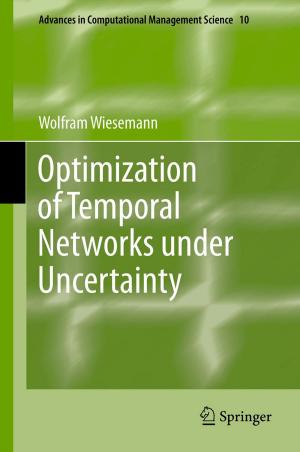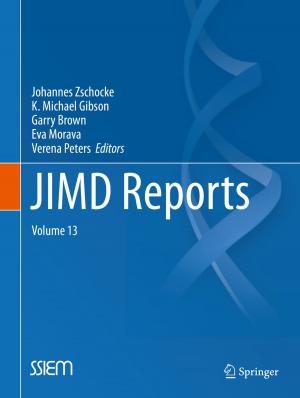Price Regulation and Risk
The Impact of Regulation System Shifts on Risk Components
Business & Finance, Accounting, Management, Economics, Public Finance| Author: | Michael Hierzenberger | ISBN: | 9783642120473 |
| Publisher: | Springer Berlin Heidelberg | Publication: | August 3, 2010 |
| Imprint: | Springer | Language: | English |
| Author: | Michael Hierzenberger |
| ISBN: | 9783642120473 |
| Publisher: | Springer Berlin Heidelberg |
| Publication: | August 3, 2010 |
| Imprint: | Springer |
| Language: | English |
Natural monopolies are not subject to the market-based principle of competition. Consequently, it is necessary to control companies in such monopoly positions with regard to their pricing. In the future, it will become more and more important to consider a possible change in the regulation regime when the future-oriented costs of equity - both in terms of price regulation and for conducting capital market-oriented business valuations - are to be determined. Based on the principal-agent problem, the book explains this topic. The effect of a change in the regulation regime is presented in the form of two studies: an international secondary analysis of the effects on cost of equity based on event studies of the Anglo-Saxon area and a primary analysis based on the Austrian regulation policy for electricity and gas supply systems. The two studies arrive at similar results: The change from a rate-of-return regulation to incentive regulation systems leads to a significant increase in systematic risk.
Natural monopolies are not subject to the market-based principle of competition. Consequently, it is necessary to control companies in such monopoly positions with regard to their pricing. In the future, it will become more and more important to consider a possible change in the regulation regime when the future-oriented costs of equity - both in terms of price regulation and for conducting capital market-oriented business valuations - are to be determined. Based on the principal-agent problem, the book explains this topic. The effect of a change in the regulation regime is presented in the form of two studies: an international secondary analysis of the effects on cost of equity based on event studies of the Anglo-Saxon area and a primary analysis based on the Austrian regulation policy for electricity and gas supply systems. The two studies arrive at similar results: The change from a rate-of-return regulation to incentive regulation systems leads to a significant increase in systematic risk.















